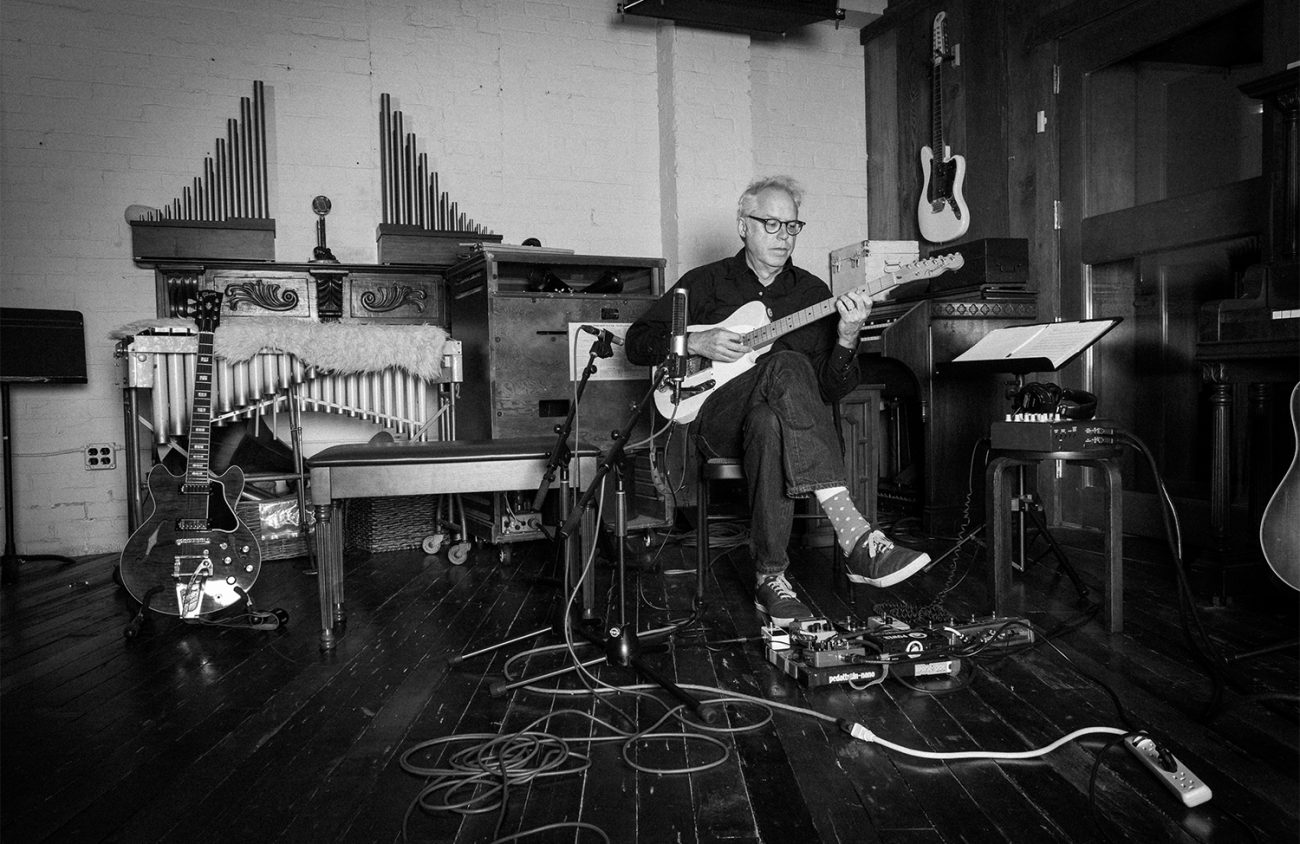The classical music establishment lately acknowledged the injustice of its many centuries of ignoring the voices of women. But then they go right back to performing the same old — usually centuries old — classics by dead white European males, over and over and over again.
Women make up more than half the population, but their music forms only a tiny fraction of concert programs. Eugene’s gender-balanced Delgani Quartet is actually doing something about classical composition’s extreme gender imbalance by commissioning a brand new composition from one of today’s leading composers who happens to be female.
On March 15 and 17 at Christian Science Church, 1390 Pearl Street, Oregon’s finest chamber ensemble gives the world premiere of the music it made possible: acclaimed Brazilian American composer Clarice Assad’s new string quartet. It’s also bringing her to town to sing her arrangements of Brazilian bossa nova tunes written by Antonio Carlos Jobim.
A highly regarded pianist and singer (in three languages) who has appeared with stars like Bobby McFerrin and Paquito D’Rivera as well as various orchestras and ensembles, Assad has escaped the shadow of her guitarist father and uncle (the Assad Brothers) over the course of seven albums that embrace influences from classical to pop to jazz to various global sounds.
That diversity is reflected in the music and title of her quartet, XI, named for the number of musical influences (dances, tunes, styles) she incorporated from across South America.
The composer featured in microphilharmonic’s March 8 concert at The Shedd may be male, dead, European — oh, and also the greatest ever — but at least the music director and violinist, Alice Blankenship, is female, and an expert in Baroque music.
Since we’re still months away from the return of the Oregon Bach Festival or the next Oregon Bach Collegium concert, it’s a treat to see historically informed performance of this Bach cantata, sonata, and concerto at The Shedd, performed on the instruments and in the style and tunings the composer intended.
The Shedd also features a pair of splendid jazzy shows this week. On Thursday, the excellent jazz vibraphonist/drummer Chuck Redd and his quartet join singer Siri Vik in a tribute to the great jazz pianist and composer Bill Evans. One of the most influential musicians in jazz history — his Claude Debussy-derived impressionist ideas and sparkling piano enriched Miles Davis’s Kind of Blue — Evans’ originals and inventive covers were highlights of jazz’s pinnacle years of the 1950s and ’60s.
On Saturday, guitar genius Bill Frisell returns for his annual visit to The Shedd — but not in a straight jazz context. Of course, the multidimensional Frisell rarely plays anything straight. You can see one of America’s most fascinating musicians a half dozen times in a row and never hear any song, or style, or even genre (not that he acknowledges such categories) twice.
This time, it’s with his new Harmony quartet, featuring singer Petra Haden (another daughter of a famous musician, the late great jazz bassist Charlie Haden), cellist Hank Roberts and guitarist Luke Bergman. Their lusciously laid-back 2019 album includes originals and standards such as “Lush Life” and “Red River Valley.” This show should appeal at least as much to fans of traditional folk and classic Americana pop as jazz.
Another guitarist whose music frequently transgresses boundaries, Portland-based Oregon native Tye Austin, comes to The Jazz Station Thursday, March 5, for a recital of solo Spanish classical, flamenco and Latin jazz guitar music from his upcoming second album, Syncopado Americano. And on March 14, Broadway House hosts another jazz musician, Eugene native Dana McWayne, whose music cheerfully strays into friendly neighboring musical territories like soul.
Like so many of the other acts mentioned here, Acadian trio Vishtèn, which plays Tsunami Books this Friday, March 6, looks simultaneously backward and forward. The French Canadian threesome plays and sings traditional French songs and original instrumentals based on Celtic and Acadian folk tunes, but has lately added electric guitar and piano, plus an indie folk/rock vibe, to its fiddle and accordion foundation, delivered with a modern rock sensibility and indie-folk influences. Fans of Beausoleil and similar sounds should check them out.
The biggest show of the month happens at the Hult Center March 13 and 15 when Eugene Opera stages one of opera’s greatest hits, Giacomo Puccini’s tragedy Tosca. Directed by Andrew Bisantz and David Lefkowich, this production sets the political thriller in fascist 1930s Italy.
